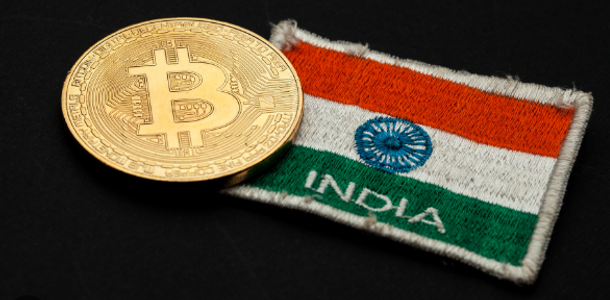India Considers Banning Bitcoin in Favor of Digital Rupee

The Indian government is considering a ban on private cryptocurrencies like Bitcoin, while actively promoting the introduction of its own central bank digital currency (CBDC), the digital rupee. Although the exact approach to banning cryptocurrencies remains unclear, recent discussions about India's digital future have highlighted a strong anti-crypto stance.
The Debate Over Cryptocurrency Ban in India
Many Indian officials believe the risks associated with cryptocurrencies—especially concerning potential misuse—are too high. In contrast, the government views a CBDC as providing similar benefits without the associated risks.
"The CBDC can do everything that cryptocurrencies can, but without the risks," stated a government official, emphasizing the preference for a regulated digital currency. Unlike cryptocurrencies, CBDCs are expected to offer stability without the risks of volatility or illegal activities.
In July, Ajay Seth, India's Minister for Economic Affairs, mentioned that an inter-ministerial group, which includes the Reserve Bank of India (RBI) and the Securities and Exchange Board of India (SEBI), was working on a policy document regarding cryptocurrencies. The document was expected to be released in September, but delays have left many curious about India’s final stance on the matter.
Pushing for the Digital Rupee
In the meantime, the RBI has been leading efforts to promote the use of the digital rupee for retail purposes. Although still in its early stages, with only 18,000 transactions being carried out daily, the RBI is working hard to reach its goal of one million transactions per day by the end of the year.
To accelerate the adoption of the digital rupee, the RBI is developing features like offline transactions and plans to integrate it with India's popular Unified Payments Interface (UPI). This integration could make the digital rupee a more convenient and widely accepted payment method across the country. With over 5 million users and 16 participating banks, the digital rupee is quickly gaining momentum.